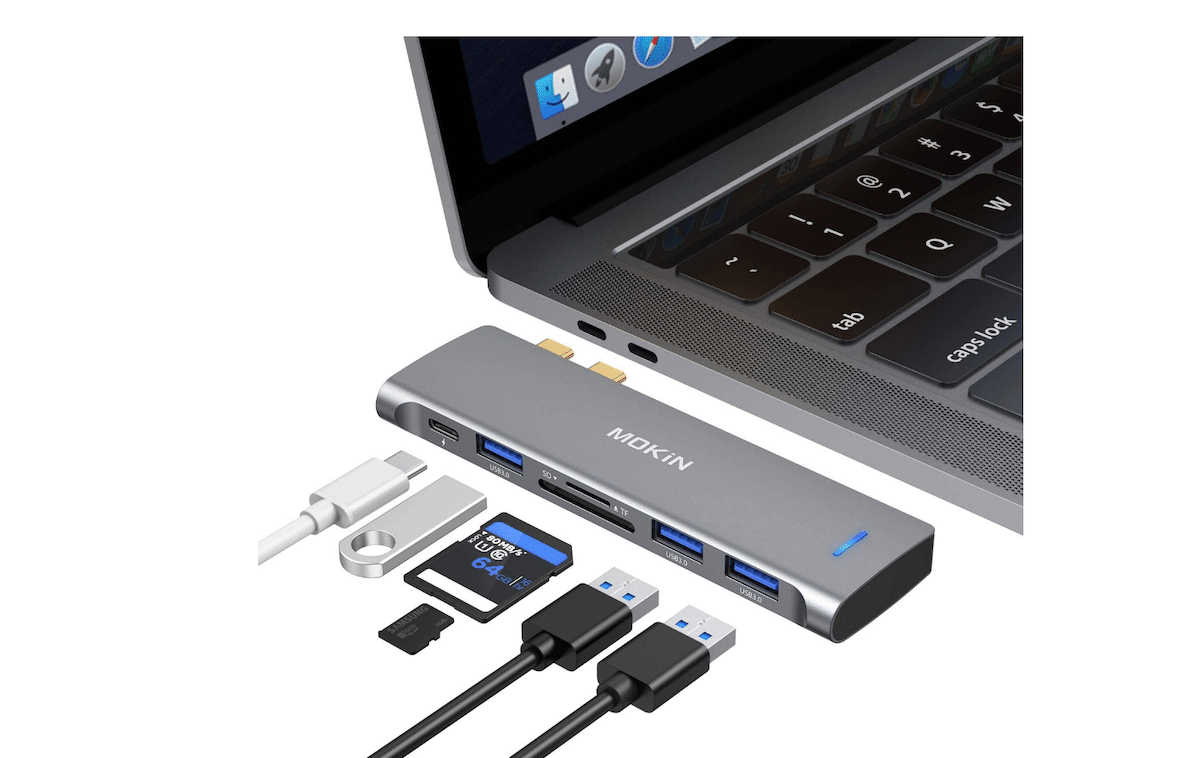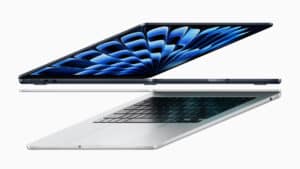Last week Apple released macOS Monterey 12 to the public with new features like redesigned Safari, Live Text, Focus mode, FaceTime improvements, and more. Now, Mac users are reporting connectivity issues related to the USB hub after upgrading to the latest macOS update.
As mentioned on online forums and Apple support communities, the built-in USB hubs and the USB devices are not working properly on the upgraded Macs. There is no one common USB-hub connectivity issue, different Mac users are experiencing different connectivity issues. But the USB-hub connectivity issue is affecting M1 and Intel-based Macs.

USB-hubs and USB 3.0 ports connectivity issues on macOS Monterey infect M1 and Intel-based Mac models
For some users the USB 3.0 port and for some the USB-hub is not working properly, while HDMI, USB-C and other hub ports continue to work as expected.
@ shared on Apple Support Community
Since upgrading to Mac OS Monterey, solely the USB 3.0 port on my Hub has stopped working. Power is allowed to pass through to connected devices, however the transfer of data has stopped working.
Everything was working on Mac OS Big Sur, and it is only since updating to Monterey it has stopped working. I have found several reports on the developer forums for Mac OS stating this was an issue since around Beta 3 for some users, and there are reports on Reddit of other people having this issue.
Apple Support were useless and told me to bring my Mac in for repair (despite it only being 4 days old and the issue happening directly after an update) I took the Hub back to the place of purchase and they tested it on a Mac with Big Sur installed and it worked. When plugging it into another Mac that had been updated to Monterey the 3.0 Port stopped working.
It’s an Advent Hub, not some dodgy knockoff one of Amazon. It worked absolutely fine prior to the Monterey upgrade.
Now when plugging in my iPhone via USB 3.0 or my Mouse, all that happens is the LED’s on my mouse light up (but not the laser) or my iPhone charges, but won’t connect to my Mac.
Oddly, both the HDMI and USB-C port on the hub continue to work as expected.
This problem is not confined to M1 Macs. I have the same problem on my 2019 MacBook Pro, which is Intel based. After installing Monterey, my plug in USB back up drives no longer connect. In addition, my LG monitor, purchased from Apple goes dark after using Luna to connect a 3rd screen. I power cycle the monitor and it comes up.
I have a similar issue.
After plugging in a webcam into the hub, the console was flooded with those messages:
UVCUSBDeviceControlInterface: 0x100006b2f [0x1296279f0] Setting control UVCDeviceControl:[CT_AE_PRIORITY_CONTROL] [0x12971a0d0] value {length = 1, bytes = 0x00} error Error Domain=IOUSBHostErrorDomain Code=-536870163 “Unable to send device request.” UserInfo={NSLocalizedRecoverySuggestion=, NSLocalizedDescription=Unable to send device request., NSLocalizedFailureReason=}
Error:Unable to abort IO. with reason: (null)
Like yours, the usb device worked fine on big sur.
@ Flyersny81 shared on Reddit that the USB hubs failed to work on his machines.
My USB-C hub has issues with this update. The HDMI port connected to my second screen is working on the hub but none of the USB3 ports are working at all. I have tried different C ports on the MacMini and different hubs (I have 4). I also replicated this issue on my M1 MacBook Air after updating to Monterey. Here is the hub I am using. These hubs worked perfectly in Big Sur.
Earlier, users reported that multiple users reported memory leak issues with the latest macOS Monterey update which makes apps take more RAW without any limitation. For some affected users, macOS features like Control Center took up to 20 GB of RAM, which usually consumes 50MB. That issue is experienced on old/new Intel-based Macs and the new 14-inch and 16-inch MacBook Pro models powered by M1 Pro and M1 Max chips.
Another issue related to macOS Monterey is that users are unable to turn on their Macs after upgrading. That issue is commonly affecting older Intel MacBook Pro and iMac models.
Read More:

